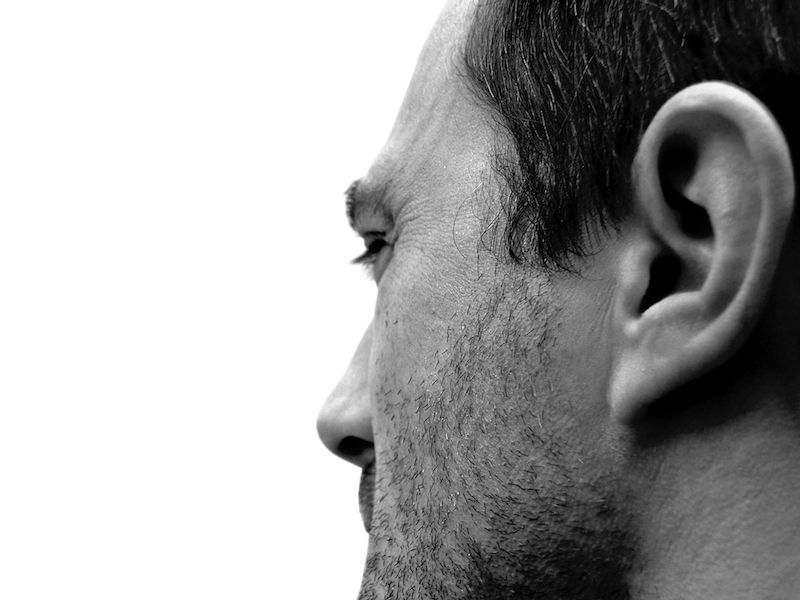
There is an inconsistency in tinnitus symptoms; it seems to be difficult to know when and why these sounds happen. Maybe you’re climbing into bed one night and, evidently without warning, your ears begin to ring badly. As you lie in bed, you think back over your day, and there aren’t any clear triggers for this episode: There is no tangible reason why, at 9 PM, ringing is happening, no noisy music, no loud fire alarms, nothing.
So possibly the food you ate could be the answer. We don’t usually think about the connection between food and hearing, but there’s a bit of research and evidence to suggest that tinnitus can be made worse by particular foods. The key for you is understanding what those foods are, so you can avoid them.
Some Foods That Trigger Tinnitus
So let’s get right to it. You don’t want to experience a food triggered tinnitus event so you need to find out what foods can trigger it. Certain foods to avoid might include:
Alcoholic Drinks
Alcohol and tobacco should be high on the list of items to avoid. Okay, okay, “tobacco” isn’t necessarily food, but if you want to decrease tinnitus flare up’s (and the severity of those episodes), you’ll abstain from drinking and smoking as much as possible.
Both tobacco and alcohol products can have an enormous effect on your blood pressure (to say nothing of your overall health). Your tinnitus is increasingly more likely to flare up the more you smoke and drink
Sodium
Your blood pressure is one of the leading predictors of tinnitus episodes. Your tinnitus worsens when your blood pressure goes up. That’s why sodium should definitely be on your list of food foods to stay away from. Whether you love french fries or just put salt on everything, you’ll want to cut way, way back.
There are some foods that you don’t usually consider to be high in sodium like ice cream. You’ll need to keep close track of sodium levels in anything you eat to avoid a surprise tinnitus episode.
Fast Food
If you’re avoiding sodium, it should come as no shock that you should also be avoiding fast food. Even fast food places that claim to be a more healthy option serve food that is extremely high in sodium and fat. And, clearly, your blood pressure and your tinnitus will be negatively affected by this type of diet. Let’s not forget the giant drinks they serve that are extremely high in sugar. Yes you guessed it, sugar is next on this list.
Sweets And Sugars
We all enjoy candy. Well, maybe not everybody, but most of us. There is a very small percentage of the public that would actually prefer vegetables. We try not to pass judgment.
Sadly, the glucose balance in your body can be greatly disrupted by sugar. And as you’re attempting to fall asleep at night, a small disturbance to that balance can mean lots of tossing and turning. And the more you toss and turn, the more you begin to listen for that buzzing and ringing.
Caffeine
There’s an apparent reason why we kept this one for last. This is the one we’re least positive about having to give up. But your sleep cycle can be substantially impacted if you drink any caffeine later in the day. And the worse your quality of sleep, the more likely your tinnitus is to flare up.
So it’s not actually the caffeine per se that’s the problem, it’s the lack of sleep. Drink your coffee or tea in the morning, and change to a non-caffeinated drink before dinner.
What Are Your Best Practices?
This list is certainly not exhaustive. You’ll want to speak with your hearing specialist about any dietary changes you might need to make. And it’s worth keeping in mind that everybody will be impacted in their own way by dietary modifications, so it may even be worth keeping a food journal where you can keep track of what affects you and by how much.
Understanding which foods can lead to a tinnitus flare up can help you make more intelligent decisions going ahead. When you start tracking what you eat, and what happens to your ears afterward, you may begin to detect patterns, and that can remove some of the mystery out of your tinnitus symptoms.
Then you will appreciate if you are going to be sorry for that late cup of coffee.
